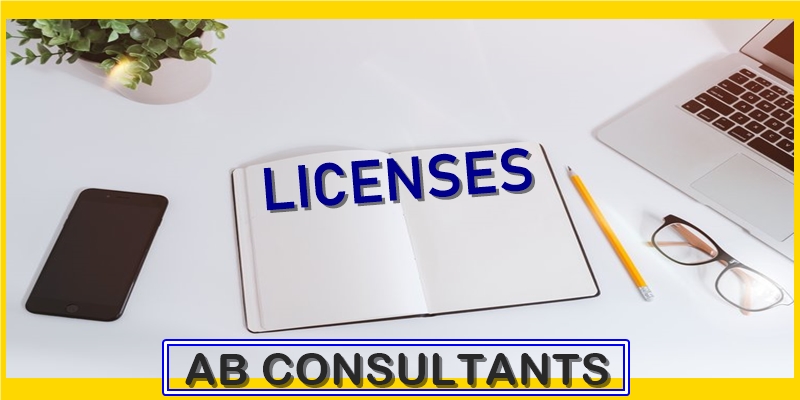
Business License
Definition: A legal document that grants you the right to operate a business in your city. Depending on your business, there are other licenses that may also be required.
Although some business owners think that licensing and permit fees are ways for the government to wring even more money from the business sector, most of these programs are intended to protect the general public. In big cities, license bureaus are set up to control business locations–to keep people from operating an auto-repair business next door to a school, or to keep people from running certain types of businesses from their homes. For example, most states forbid certain things from being manufactured in the home, such as fireworks, drugs, poisons, explosives and medical products.
Failure to comply with the licensing and permit requirements for the type of business you plan to start in your jurisdictions could result in additional fees, penalty payments or operational restrictions until conditions specified by the regulating authority have been met. So no matter what you think of the licensing process, don’t neglect it!
Most small-business owners require only a local business license, which allows the business to operate within the city and county where it’s located. This business license is either a municipal license, if your business is located within a city, or a county license if you’re located in an unincorporated area of the county. If you intend to open multiple locations or conduct business in different cities or counties, you’ll need to apply for a license in each of those jurisdictions.
Some states have licensing requirements based on the product sold, such as liquor, lottery tickets, gasoline or firearms. And if your business is food-related, you’ll have to deal with local health officials and state regulations. If your state has a “commercial kitchen” law, it may be extremely difficult to set up a food-related business in your home. If your business releases materials into the air and water, you’ll have to get approval from your local environmental protection agency. If you plan to work with flammable or dangerous materials, you’ll need approval from your fire department. Your state government can provide a complete list of occupations for which licensing is required in its jurisdiction.
If the state you operate your business in has a state income tax, you’ll have to register and obtain an employer identification number from your state Department of Revenue or Treasury Department. If your business sells retail, you’ll need a sales tax license.
Although most businesses don’t require a federal license or permit, these do:
- Investment advising
- Drug manufacturing
- Preparation of meat products
- Broadcasting
- Ground transportation
- Selling alcohol, tobacco, or firearms
